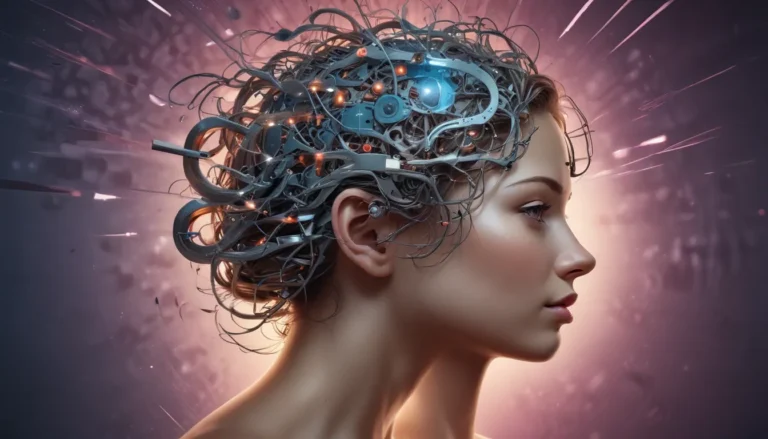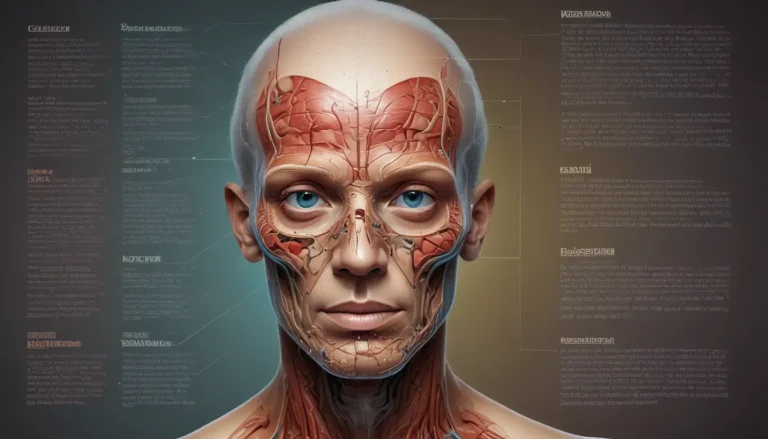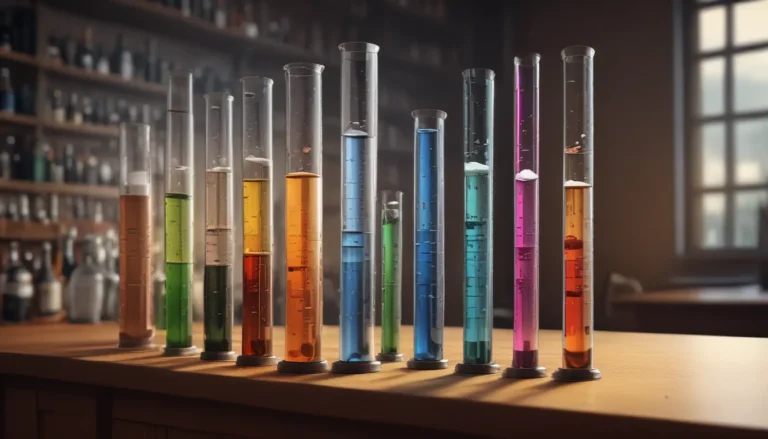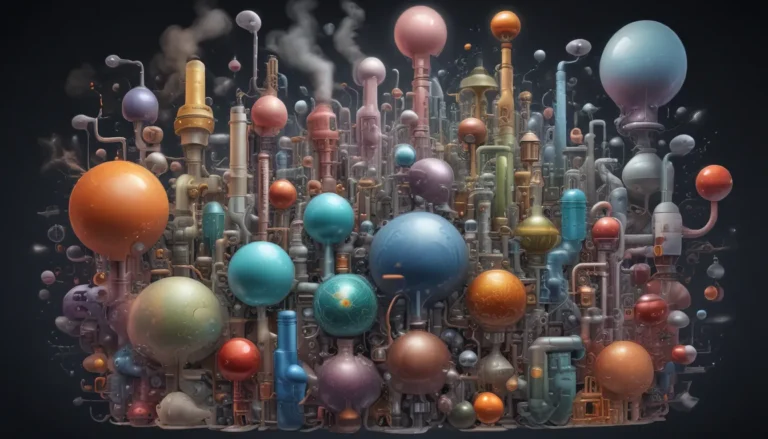A Note About Images: The images used in our articles are for illustration purposes only and may not exactly match the content. They are meant to engage readers, but the text should be relied upon for accurate information.
Human cloning is a topic that has sparked fascination and controversy for decades, captivating both scientists and the public. The concept of creating genetically identical copies of individuals presents a realm of possibilities in the fields of genetics, biotechnology, and medicine. In this article, we will delve into the world of human cloning, unraveling key facts, exploring potential advancements, and discussing the ethical implications of this groundbreaking technology.
The Intriguing World of Cloning
From the iconic birth of Dolly the sheep to the latest breakthroughs in cloning technology, the journey of human cloning is a captivating tale filled with scientific marvels and ethical quandaries. Let’s embark on a journey through the realm of cloning, where science fiction meets scientific progress, and where the boundaries of human ingenuity are continually tested.
Key Takeaways:
- Cloning technology has the potential to revolutionize medical treatments, offering hope for pharmaceutical testing, organ transplants, and new therapies for diseases. It also raises ethical debates about human reproduction and biodiversity conservation. – Cloning involves replicating DNA to create identical genetic copies, with implications for endangered species preservation, infertility solutions, and agricultural practices.
The Success of Animal Cloning
Scientists have successfully cloned various animals, including sheep, mice, and cows. These achievements have showcased the potential of cloning technology in advancing genetic research and biotechnology.
Revolutionizing Medical Treatments
Cloning has the potential to revolutionize medical treatments by creating genetically identical animals for pharmaceutical testing, organ transplants, and the development of new therapies for diseases. This technology opens up new possibilities for advancing healthcare and understanding genetic disorders.
The Birth of Dolly the Sheep
The first cloned mammal, Dolly the sheep, was born in 1996, marking a significant milestone in the field of cloning. Created using somatic cell nuclear transfer (SCNT) techniques, Dolly’s birth ignited both excitement and debates about the implications of cloning.
Ethical Considerations
Cloning humans raises ethical and moral dilemmas, sparking intense debates about individuality, identity, and the sanctity of life. The potential for using cloning for reproductive purposes has led to discussions about the ethical boundaries of scientific experimentation and its implications for society.
Preserving Endangered Species
The successful cloning of animals has opened up possibilities for preserving endangered species by maintaining genetic diversity and preventing extinction. Cloning technology offers a lifeline for conservation efforts aimed at protecting vulnerable animal populations.
Addressing Infertility and Genetic Disorders
Cloning could offer solutions for infertility and genetic disorders by creating genetically identical copies that mitigate the risk of passing on hereditary conditions. This technology holds promise for individuals and families facing fertility challenges and genetic diseases.
The Role of Somatic Cell Nuclear Transfer
Cloning involves the use of somatic cell nuclear transfer (SCNT) in the laboratory, a key technique for transferring nuclei from somatic cells into egg cells. This process forms the foundation for creating cloned organisms and has been instrumental in cloning research.
Future Implications for Human Reproduction
Cloning has implications for the future of human reproduction, raising complex questions about parental rights, identity, and familial definitions. The discussions around using cloning for reproductive purposes underscore the ethical considerations of such advancements.
Advancements in Developmental Biology
Cloning research has advanced our understanding of developmental biology, shedding light on cellular differentiation and embryonic development processes. This knowledge has significant implications for regenerative medicine and reproductive science.
Enhancing Agricultural Practices
Cloning could revolutionize agricultural practices by enhancing livestock breeding and production. By creating genetically identical animals with desirable traits, cloning offers a way to improve agricultural efficiency and address global food security challenges.
The Complexity of Cloning
Cloning is a complex and intricate scientific process that requires precise manipulation of genetic material and advanced laboratory techniques. From cell culture to genetic manipulation, cloning demands a high level of scientific expertise and attention to detail.
Potential in Regenerative Medicine
Cloning technology has implications for regenerative medicine by enabling the creation of personalized stem cells and tissues for therapeutic purposes. This application holds promise for treating injuries, diseases, and degenerative conditions.
Public Fascination and Apprehension
The concept of cloning has captured the public imagination, evoking a blend of fascination and apprehension about the possibilities and ethical considerations associated with this technology. Its portrayal in popular culture has further contributed to its enduring presence in public consciousness.
Breakthroughs in Genetic Engineering
Cloning research has led to breakthroughs in genetic engineering, expanding the possibilities of manipulating genetic material for various purposes. This intersection of technologies has advanced scientific exploration and innovation in genetic studies.
Biodiversity Conservation and Restoration
Cloning technology offers potential avenues for preserving biodiversity by addressing challenges related to species conservation and ecosystem restoration. The idea of using cloning to revive extinct species and enhance genetic diversity has garnered attention in the scientific community.
Regulatory Challenges
Cloning presents regulatory and governance challenges that require careful consideration of ethical, legal, and societal implications. Responsible oversight of cloning research and applications is essential to navigate the evolving landscape of biotechnological advancements.
Continued Scientific Inquiry
Cloning research continues to inspire scientific inquiry and ethical reflection, prompting discussions about the boundaries of scientific innovation and the responsibilities associated with harnessing cloning technology’s potential.
Conclusion: Balancing Progress and Ethics
In conclusion, the science of human cloning presents a fascinating yet ethically complex landscape. While the potential for medical advancements is undeniable, the moral, legal, and societal implications cannot be overlooked. As we continue to explore the possibilities and limitations of human cloning, it is essential to engage in thoughtful discussions that weigh the benefits against the ethical considerations. Balancing scientific progress with ethical responsibility is crucial as we navigate the frontier of human cloning.
FAQs
What are the potential benefits of human cloning?
Human cloning holds the potential for significant medical advancements, including creating genetically identical tissues for transplantation, studying genetic diseases, and developing personalized treatments.
What are the ethical concerns surrounding human cloning?
Ethical considerations related to human cloning encompass issues such as the violation of individual identity, potential exploitation of cloned individuals, and the broader societal impact of altering the natural course of human reproduction. Thorough ethical deliberation and regulation are necessary to ensure responsible scientific progress.
Acknowledgement
Our commitment to delivering trustworthy and engaging content is at the heart of what we do. Each fact on our site is contributed by real users like you, bringing a wealth of diverse insights and information. To ensure the highest standards of accuracy and reliability, our dedicated editors meticulously review each submission. This process guarantees that the facts we share are not only fascinating but also credible. Trust in our commitment to quality and authenticity as you explore and learn with us.
Resources
- function()%7Bvar%20e=document.createElement('script');e.setAttribute('type','text/javascript');e.setAttribute('charset','UTF-8');e.setAttribute('src','//assets.pinterest.com/js/pinmarklet.js?r='+Math.random()*99999999);document.body.appendChild(e)%7D)([↩]





